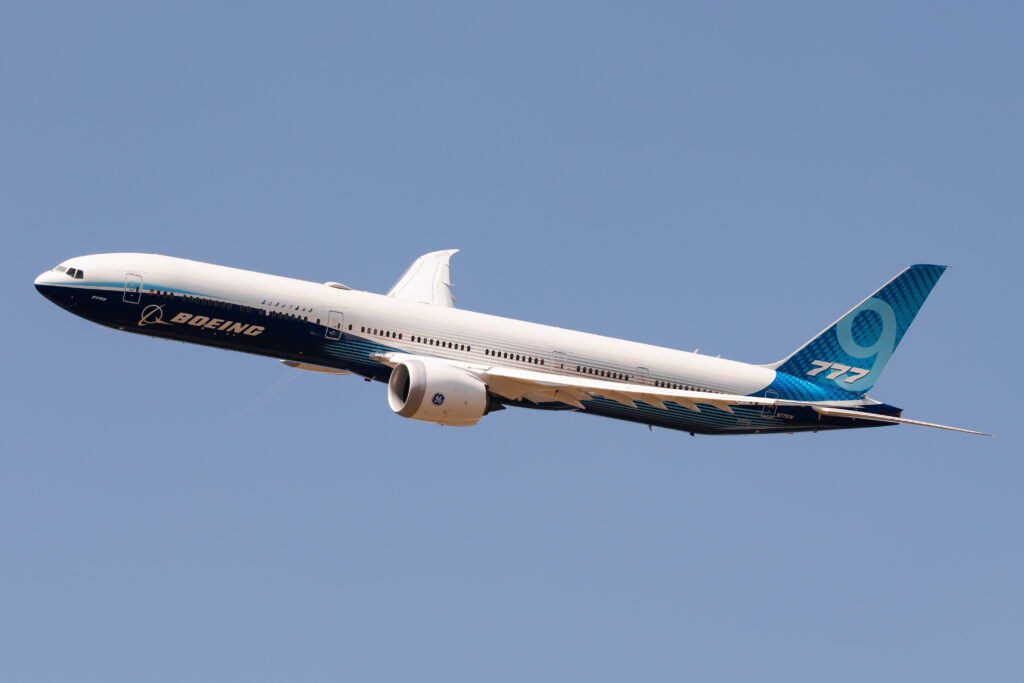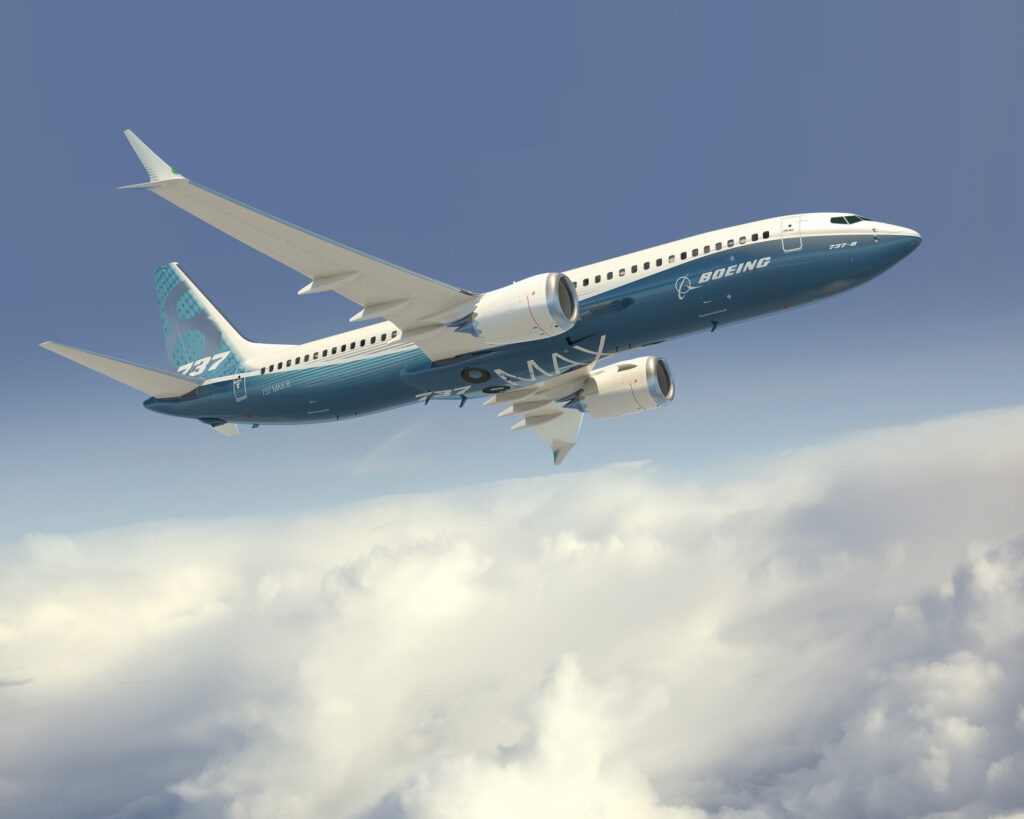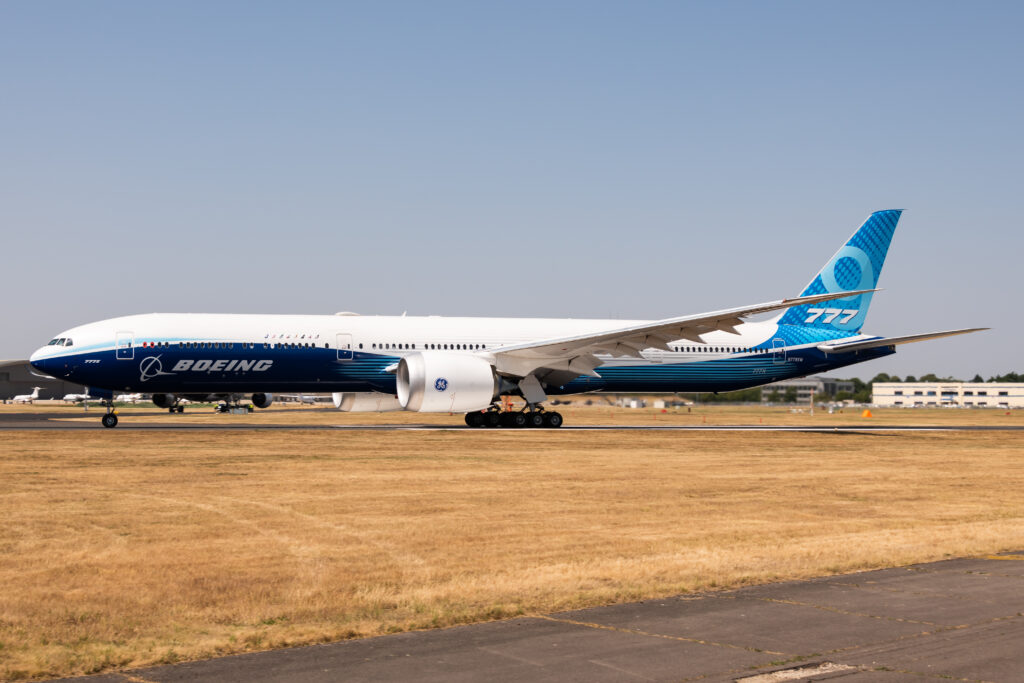LONDON – Boeing and the FAA have had a long and sometimes tumultuous relationship.
From allegations of lax safety regulations to Boeing’s own design flaws, it can be difficult to keep up with all the drama.
But as consumers, we need to understand what this love-hate relationship means for our safety in the skies.
In this blog article, we’ll take a look at Boeing and the FAA’s complex history, focusing on two of their most notorious air disasters: The Lion Air Crash and the Ethiopian Airlines Crash.
We’ll also explore how this relationship may shape the future of air travel and why it is so important for us to stay informed.
The Relationship between Boeing and the FAA

The FAA and Boeing have had a long, complicated relationship.
On one hand, the FAA regulates Boeing and other aircraft manufacturers, setting standards that they must meet in order to sell their products.
On the other hand, Boeing is one of the largest customers of the FAA, spending billions of dollars each year on regulatory fees and services.
This complex relationship has been strained in recent years by a series of high-profile incidents involving Boeing aircraft.
The most notable of these was the grounding of the entire fleet of Boeing 737 MAX aircraft in March 2019 after two deadly crashes.
The FAA came under intense scrutiny for its cozy relationship with Boeing and its lax regulation of the company’s new aircraft design.
In the wake of the 737 MAX grounding, Congress launched an investigation into the FAA’s relationships with Boeing and other aircraft manufacturers.
Tensions have increased following comments from the CEO of Boeing stating that the FAA needs to be privatized.
The 737 MAX 8 grounding

The grounding of the 737 MAX 8 aircraft was a turning point for Boeing.
The company had to confront the reality that its flagship aircraft was not as safe as it should be.
The FAA had to take action to protect the lives of passengers and crew.
The grounding of the 737 MAX 8 was a difficult decision for the FAA. The agency is responsible for ensuring the safety of air travel.
But, the FAA also has a close relationship with Boeing. Boeing is one of the largest manufacturers of airplanes in the world and employs thousands of people in the United States.
The FAA conducted an investigation into the two crashes that involved the 737 MAX 8.
The agency concluded that a software problem caused the planes to nose-dive. Boeing has since fixed the software issue and is working on getting the planes back in service.
The grounding of the 737 MAX 8 has been costly for Boeing.
The company has lost billions of dollars in revenue, and its reputation has been damaged. But, they are taking steps to improve its safety procedures and regain public trust.
Future of the relationship

The future of the relationship between the manufacturer and the FAA is uncertain.
The two organizations have a long history, and their relationship has been both cooperative and adversarial.
In recent years, the relationship has become increasingly strained, as the FAA has criticized Boeing for its safety practices.
Boeing has vowed to improve its safety practices, but it remains to be seen whether the FAA will continue to trust the company.
It is possible that the relationship will improve as the American planemaker makes strides in improving its safety record.
However, it is also possible that the relationship will deteriorate further as tensions between the two organizations continue to grow.









